Motional Monthly Muses
A chance to start a conversation within your team.

January - New Year, New Self-Care Routine
It is a well-recognised fact that YOU are AMAZING! You give everything to your school and the children you teach. The hours, the dedication and the 24/7 conscious thoughts about your job; every day, you go above and beyond what anyone will ever know.
In fact, you give so much time that you may not have any time left for yourself…...this muse is here to help you find some time and space for something that makes your heart smile.

December - Smiles: The Brightest Christmas Lights of All?
The human brain is wired to respond to different facial expressions; am I in danger? Do I need to flee? Is this person safe and approachable? Does this person need my help?
When we see a happy face (drawn, doodled or real), our brain's mirror neurons fire up, creating a simulation of that smile. This triggers the release of our happy hormones and suppresses our stress hormones. Not only does this make us feel happier, we also feel stronger and more ready to face any challenges we might encounter in that moment. Christmas isn't always easy - a Christmas smile just might be the brightest light, or the greatest gift!

November - Feeling Impulsive: Encouraging Enthusiasm Without Shutting It Down
We’ve all met them - those children who just can’t wait to share an idea, an answer, or a thought that’s come to them in a burst of excitement. Their hand might shoot up mid-sentence, or they might call out before you’ve even finished your question. It can feel disruptive in the moment, but underneath that impulsivity lies something powerful: engagement, enthusiasm, and a desire to connect. As adults, our challenge isn’t to quench that spark - it’s to shape it!
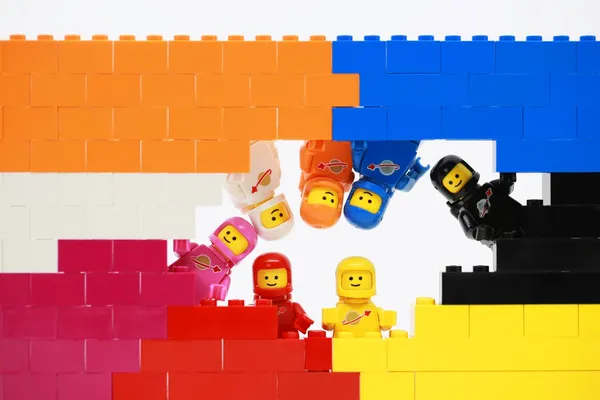
October - Who's Got the Power?
Where are the power imbalances in your classroom and how can you help rebalance the harmony?
The social side of school; friendships, our place within those friendships and our sense of belonging within the school, plays a huge role in how settled and safe children feel, and consequently, how ready they are to engage in their learning.

September - Using Play to Support Emotional Processing
The Return to School
The start of a new school year often brings big, mixed emotions for children.
- Excitement about seeing friends
- Worries about new teachers or classrooms
- Separation from caregivers
- Fear of the unknown
It’s normal for September to feel overwhelming. Emotions, especially fear, can be very strong at this time of transition.
The natural language for children to process overwhelming feelings is play and creativity. This "unspoken" expression supports the child’s internal processing and is ultimately how they begin to make sense of emotion.

July/August- School’s Out - Feelings Aren’t!
The approach of the summer holidays is often met with excitement and anticipation.
However, for many children, especially those facing vulnerability, it can also be a period of anxiety, sadness, uncertainty, or emotional overwhelm. These feelings are often expressed through behaviour - outbursts, withdrawal, or seeming defiance - that reflect unmet needs or past experiences.

June - Imagine This: How Visualisation Can Help Your Young People Shine!
We all know that athletes rely on visualisation to prepare for big moments, but here’s a thought:
Why should they have all the fun? What if we brought a little of that magic into our classrooms?
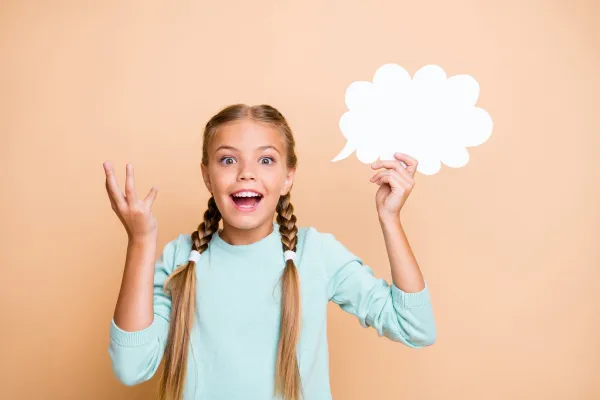
May - Thinking 'Out Loud'
Thinking 'out loud' can externalise the thinking process. We can then sequence events and use this to help a child through a challenge or tricky learning problem.
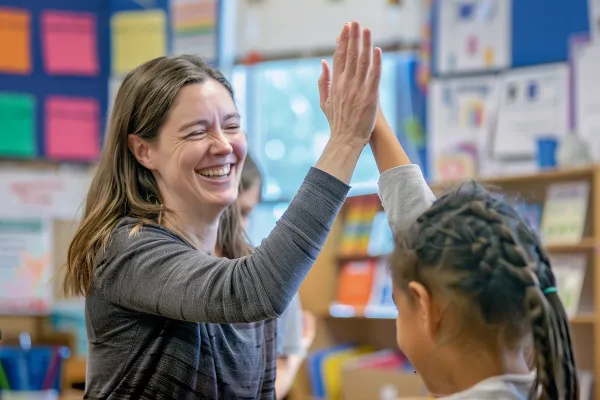
April - High-Five! How Specific Praise Boosts Kids' Confidence and Growth!
Children often struggle to fully understand their accomplishments without clear and detailed feedback. Simply saying 'You did well' may not adequately acknowledge their efforts and achievements. By providing specific and transparent praise, we can help children recognise exactly what they succeeded in, preventing confusion and fostering a stronger sense of self.
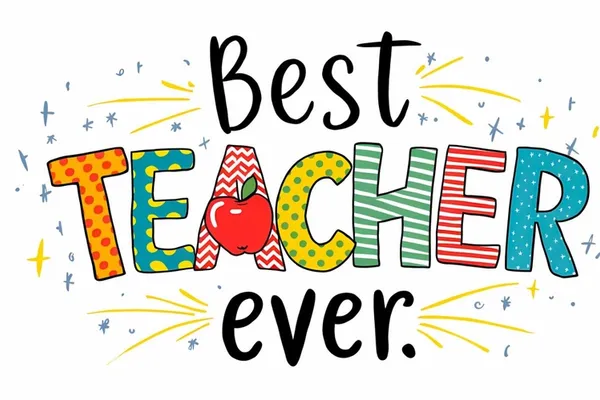
March - The Myth of the Outstanding Teacher
While excellence in teaching is a noble pursuit, the pressure to be outstanding at all times can create unrealistic standards that are neither sustainable nor necessary for students’ success. Let's pivot from outstanding to:
Consistently Good Enough!

February - Go Disco! The Interplay of Emotion and Cognition in Learning
René Descartes' famous assertion, "I think, therefore I am", (Cogito ergo sum) has long been a cornerstone of philosophical discussions on what it is to be human. Later, neuroscientist Antonio Damasio countered with "I feel, therefore I am", emphasising the fundamental role of emotion in shaping our experiences. Expanding on this idea, Mary Helen Immordino-Yang and Damasio introduced a compelling perspective: "We feel, therefore we learn”
This simple yet profound statement encapsulates the growing body of research demonstrating that learning is inextricably tied to emotion.
Translated back into Latin, it sounds, dare I say, quite funky!
Sentio ergo disco!

January - Serve and Return!
When we attentively respond to children's signals and needs, we create an environment filled with meaningful back-and-forth interactions. Much like a dynamic game of tennis, these exchanges are not only enjoyable but also crucial for developing social, emotional, and cognitive skills at every stage of growth.
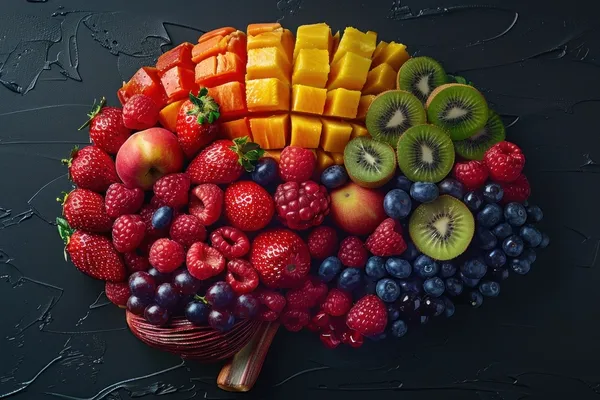
December - Looking after me... to look after you!
Self-regulation is one of the most important attributes a professional can possess when working with young people. However, there are always moments that can test anyone’s resolve and activate the adult’s stress response system.

November - Teaching about RAGE
Helping children understand the science behind the RAGE system can be a valuable tool for normalising their behaviours and reactions when this system is activated. As they mature, learning about the brain processes behind RAGE empowers them to better regulate their responses.
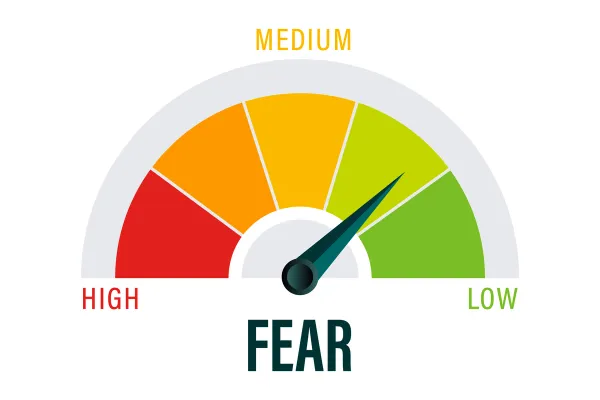
October - Creating Safe Spaces: Why Psychological Safety is a Game-Changer for Schools
If you're curious, rest assured - it's not just another box to tick. It's about actively fostering a safe and supportive environment in schools and classrooms for everyone. This might involve rethinking our approach to class dynamics and student interactions.
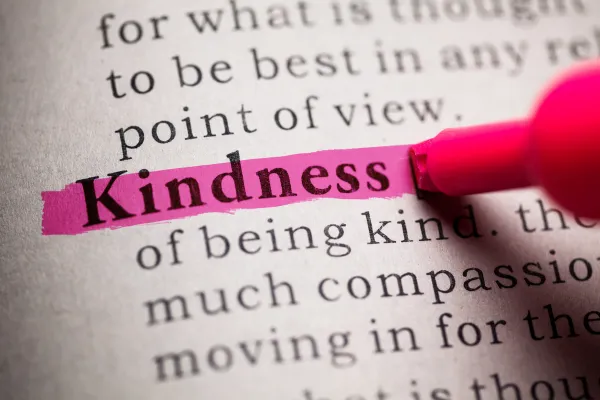
September - Explicit Kindness
Described by one Motioneer as 'Please, just be... kind!' with an explicit descriptor in the middle!!! 🤣
It's more than this though.... it's about deliberate, explicit demonstrations of kindness and the science behind it!

July - Using Daily Check-Ins
Children starting their day in a regulated way is essential for their capacity to learn. A daily check-in will provide opportunities for self-regulation activities or access to an Emotionally Available Adult to provide co-regulation. This will help them settle to learn.

June - The importance of feeling safe
It’s easy to identify an objective measure of safety. Simply remove any threat. Job done.
The trouble is that’s not how our bodies and brains function. Our bodies are striving to feel safe and these feelings of safety emerge from inside the body.